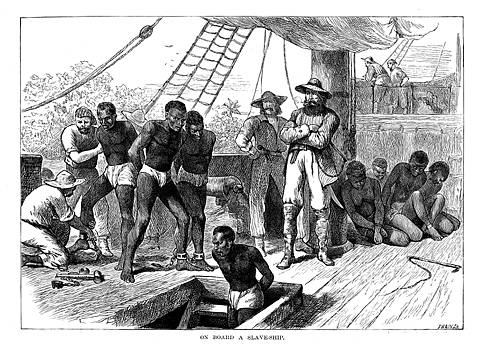
The roots of the myth that slavery was primarily a white Southern institution were planted three decades prior to the War Between the States by the abolitionists in New York and New England. This myth also included the idea that those same abolitionists of the 1830s had introduced the freeing of slaves in America. Actually, however, the first seeds of emancipation were sown in 1688 when the Quakers in Germantown, Pennsylvania, issued a “Petition Against Slavery” which urged the abolishment of slavery in all Quaker communities. That was followed in 1775 when Anthony Benezet, a Quaker educator in Philadelphia, founded the Society for the Relief of Free Negroes Unlawfully Held in Bondage. A decade later the group changed its name to the Pennsylvania Society for Promoting the Abolition of Slavery with Benjamin Franklin as its president. It took well over a hundred years for the idea of emancipation to finally take hold at a far broader level but contrary to what is universally taught and thought today, the first true anti-slavery movements began not in the North in the 1830s, but over thirty years earlier in the South.
More @ The Abbeville Institute

No comments:
Post a Comment